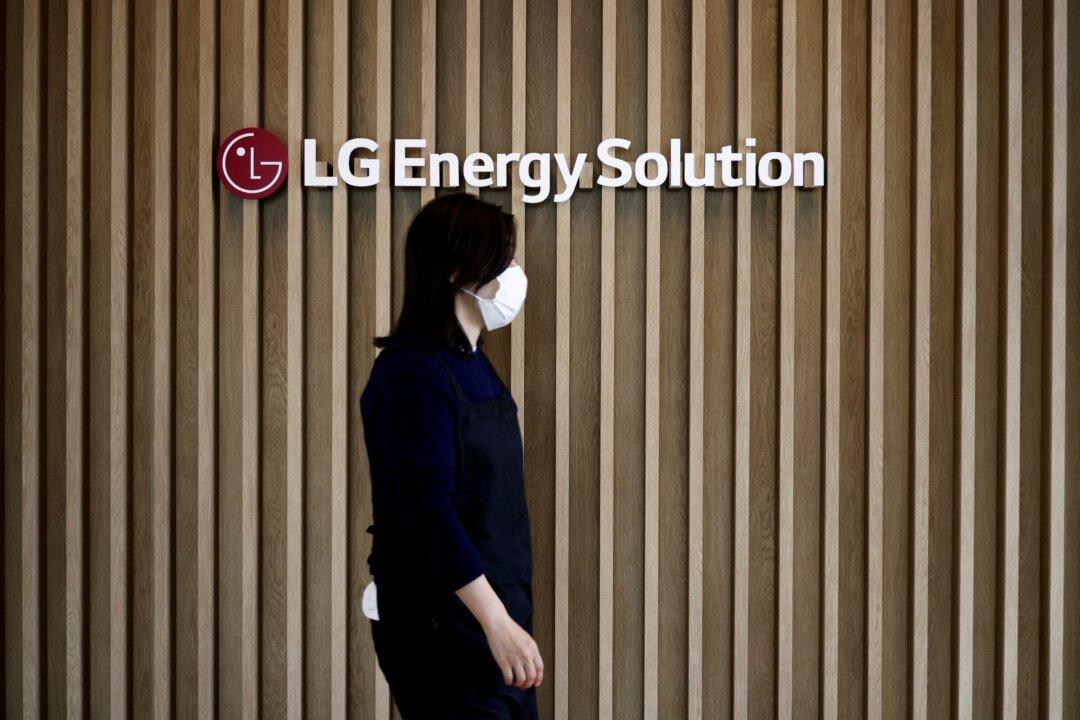LG Energy Solution (LGES) said on March 24 that it would proceed with its plan to build a battery manufacturing complex in Arizona, investing 7.2 trillion won ($5.52 billion) to meet the increasing demand for batteries.
LGES, one of the world’s largest battery makers, previously said it reviewed the project due to the “unprecedented economic conditions and investment circumstances in the United States.”





